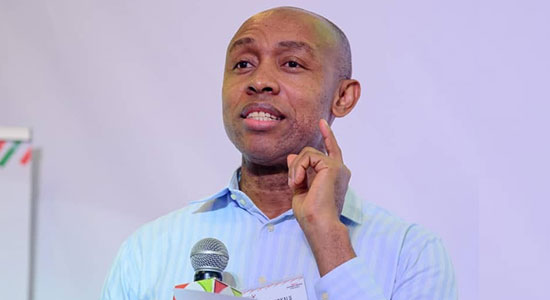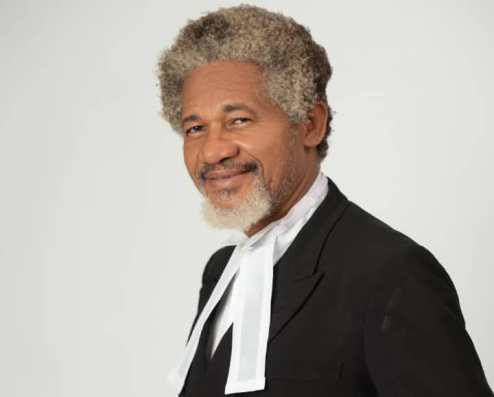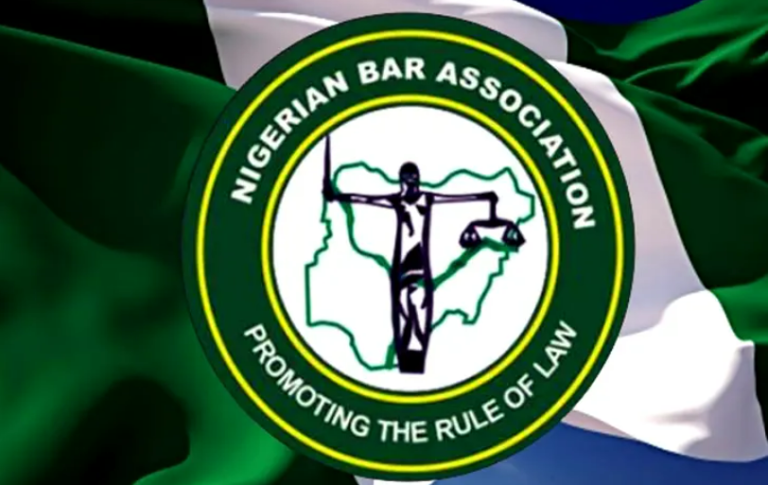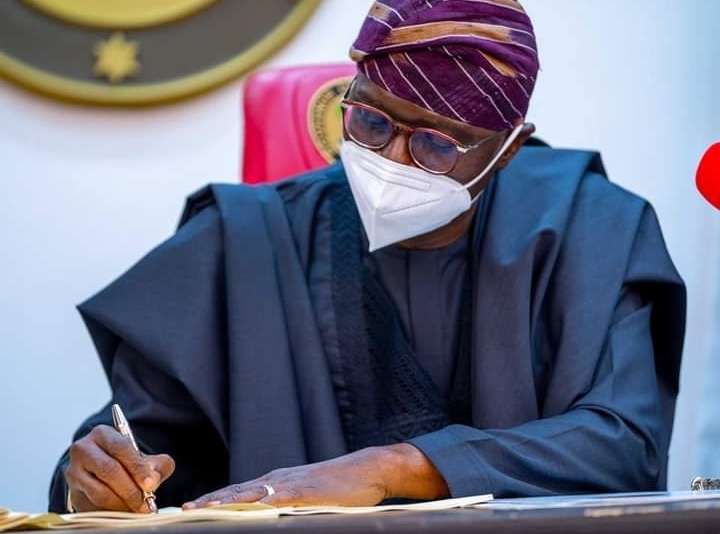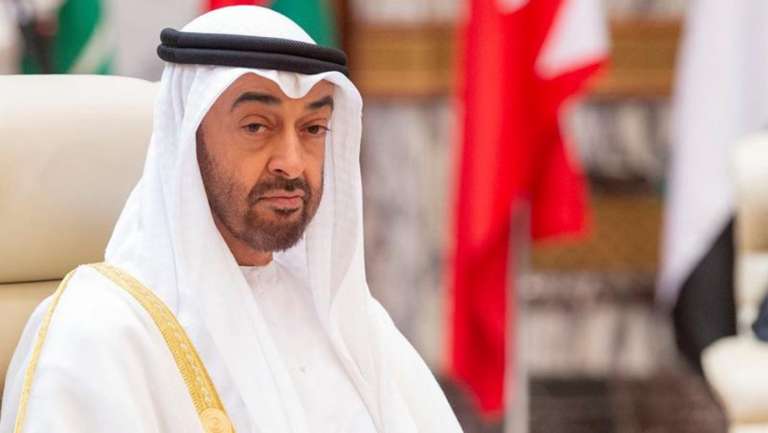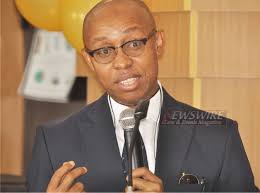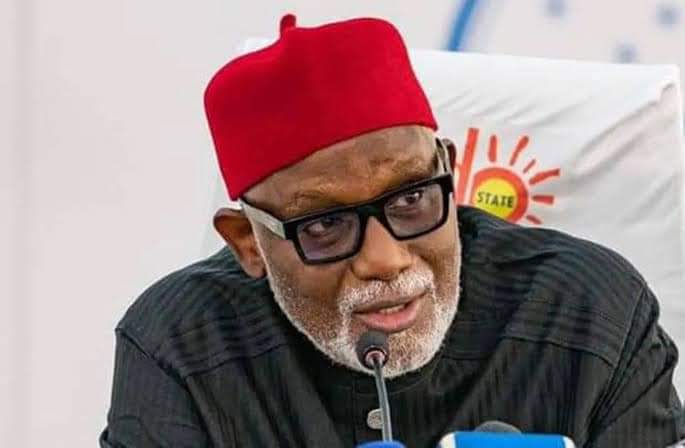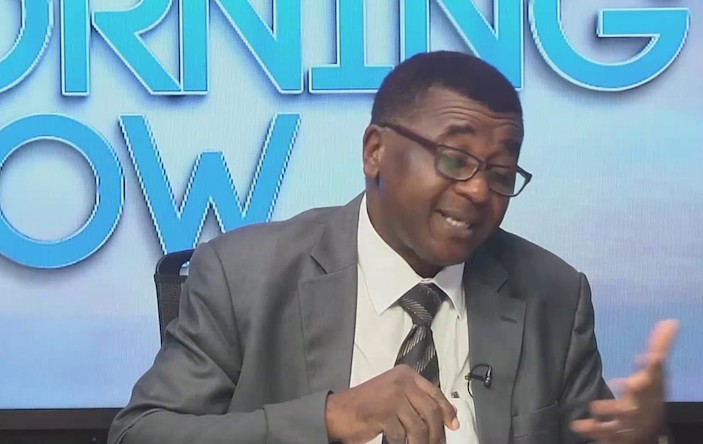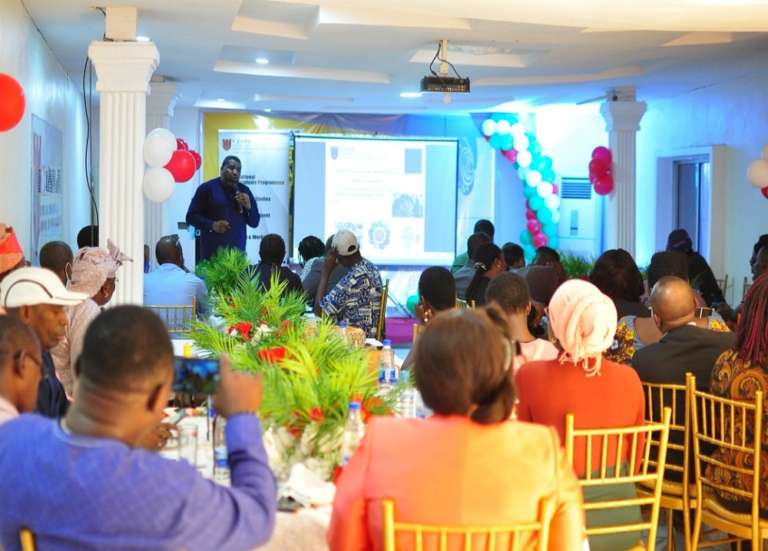By Chidi Anselm Odinkalu
On 5 September, 2022, Kenya’s Supreme Court sitting as the final and sole judicial arbiter of presidential election disputes in the country, certified the election of incumbent Deputy President, William Samoei Ruto, as the lawful winner of the presidential election conducted the previous month on 8th August.
When he is sworn in on 13 September, Ruto will become the fifth president of Independent Kenya, the second ethnic Kalenjin after the late Daniel Arap Moi to hold the office. He will also be the second former indictee of the International Criminal Court (ICC) to be installed in the position in succession to his current boss, Uhuru Kenyatta, both tried unsuccessfully by the court in connection with the post-election violence (PEV) that followed Kenya’s 2007 presidential elections.
Ruto’s journey from ICC indictee and out-of-favour Deputy President to the presidency is a testament to the ruthlessness of his political talents. The improbable story of how a man with a record of over “30-year involvement in the good, the bad, and the ugly of Kenya’s politics, still managed to spin a winning legend of ‘hustler vs. dynasty’” will be studied by students of political branding and communications for a long time.
Kenya’s election was not the only significant presidential contest in Africa this year. Two weeks after that event, on 24 August, Angolans also went to the polls to elect a president. At the end of balloting, the ruling Peoples’ Movement for the Liberation of Angola (MPLA), Party of General Joao Lourenco, the incumbent president, was announced winner, polling 51% of the vote to 44% by the opposition National Union for the Total Independence of Angola (UNITA). Three days after Kenya’s Supreme Court affirmed the results in Nairobi, Angola’s Constitutional Court similarly rejected UNITA’s challenge to the outcome of the presidential election, and certified the election of the incumbent as duly returned.
The election in Kenya was, however, the most consequential ballot on the continent this year for many reasons. Kenya is a regional anchor in East Africa, with considerable strategic and diplomatic heft beyond the region. It is closely involved in seeking and bringing stability to a fragile region. Kenya’s model of constitutional reforms in the aftermath of the2007-2008 PEV is also an inspiration beyond its borders.
The outcome was close. Raila Odinga, the leader of the Azimio Coalition, whom Ruto beat to the prize, lost with a mere 233,211 votes out of 14,212,995 cast but could have sent the election into a run-off or second round with just 70,000 votes, to deny Ruto the constitutional threshold of 50%+1.
Beyond these numbers, however, the outcome in Kenya is also another significant chapter in how the ICC has become a factor – acknowledged or not – in African politics. When he attended the inauguration of President Uhuru Kenyatta in 2013 (with Ruto as Deputy President), Uganda’s President Yoweri Museveni famously declaimed against un-named Western powers whom he said were “now using it [the ICC] to install leaders of their choice in Africa and eliminate the ones they do not like.” At the time, Uhuru and Ruto faced ICC pending processes in connection with the PEV.
In 2015, the case against Kenyatta collapsed, leading to his discharge and paving the way for his re-election as president two years later. In the trial of Ruto “16 of the 42 prosecution witnesses stopped co-operating with the court and refused to testify because of threats, intimidation, and fear of reprisals. Several other witnesses admitted during their testimonies to have told lies to the prosecutors in return for money.” The case was frustrated by witness tampering and intimidation. The court could not acquit Ruto nor could it find him guilty.
If the trial was an effort master-minded by anyone to dim their political prospects, the opposite seems to have occurred. Far from bearing out President Museveni’s thesis, the trial of Uhuru Kenyatta and William Ruto appeared to have injected Steroids into their political careers.
But Kenya is not the only place where the ICC was accused of international insertion into domestic politics under the guise of prosecutorial action for accountability. When the ICC’s appeals chamber acquitted former DRC Vice-President, Jean-Pierre Bemba, of all charges in 2018, it was said that the judgment was “a political decision aimed at threatening the acting DRC President, Joseph Désiré Kabila, who is not in a hurry to organise free and fair elections and leave power.” One commentator queried: “Could the ICC have been manipulated by those who uphold prescriptive democratic ideals and who have the necessary power to impose ‘democracy’ in developing countries? The possible manipulation of the ICC could have led to Bemba’s freedom.”
Following the indictment of Sudan’s former President, Omar Al-Bashir by the same court in 2009, another observer described an “imbroglio of political and justice considerations”, in which, it seems the politics always wins out. In Sudan, some would argue, the ICC did not have a realistic means to bring Bashir to trial but used the indictment as strategic leverage on such other issues as the independence of South Sudan and support for international terrorism.
The absence of a smoking gun to anchor these claims has not necessarily stopped them from flourishing. What cannot be disputed is the fact that the footprint of the ICC in Africa has had far reaching political consequences in a continent in which the court has not always been remarkable for its political acuity or sense of timing.
The impact of the ICC in Kenya will be a matter of considerable speculation well into the foreseeable future. The background does bear a brief reprise.
On 27 December, 2007, Kenyans went to the polls to elect a president. Three days later, on 30 December, the Electoral Commission of Kenya (ECK), in the middle of the night, announced President Mwai Kibaki of the Party of National Unity (PNU) as duly elected with 46.42% of the votes, ahead of Raila Odinga, of the Orange Democratic Movement (ODM) to whom it gave 44.07%. He was hurriedly sworn in. Meanwhile, in the parliamentary vote which took place with the presidential ballot, the ODM won 99 of the 208 seats on offer with 30.83% of the votes, beating out the PNU slate, which ended up with 43 seats from 20.89% of the votes cast.
Thereafter, as reported by the New York Times the following day, “[i]t took all of about 15 minutes…. for the country to explode.”
According to an initial assessmentissued by the Office of the High Commissioner for Human Rights at the United Nations following a mission in February 2008, “more than 1,200 Kenyans were reported killed, thousands more injured, over 300,000 people displaced and around 42,000 houses and many businesses were looted or destroyed. A significant number of cases of sexual violence were also reported.”
It took a plurinational mediation led by former United Nations Secretary-General, Kofi Anan, to stem the violence.
The power-sharing government instituted at the end of the mediation under the National Accord and Reconciliation Act established a hybrid international judicial commission of inquiry into the violence. The three-person commission headed by Philip Waki, a judge of Kenya’s Court of Appeal made two important findings. First, it found that “armed militias, most of whom developed as a result of the 1990s ethnic clashes, were never de-mobilized [and] led to the ease with which political and business leaders reactivated them for the 2007 post-election violence.” Second, it concluded that the PEV was “a result of planning and organization in other areas, often with the involvement of politicians and business leaders.” Instead of paying a price, it seems those “politicians and business leaders” flourished.
Some people will argue that the outcome of the ICC process in Kenya has been salutary. For proof, they may call attention to the fact that as close as this 2022 ballot was, there was no violence. That is one way of looking at it. It has taught the voters to avoid dying for politicians. They have nowhere to run to or hide.
It is well possible that the would-be president who has prevailed over every prosecutor and politician arrayed against him will, in office, overcome his provenance and plunder greatness from the jaws of infamy. That would be an ending fit for a Hollywood script.
A lawyer and a teacher, Odinkalu can be reached at [email protected]

